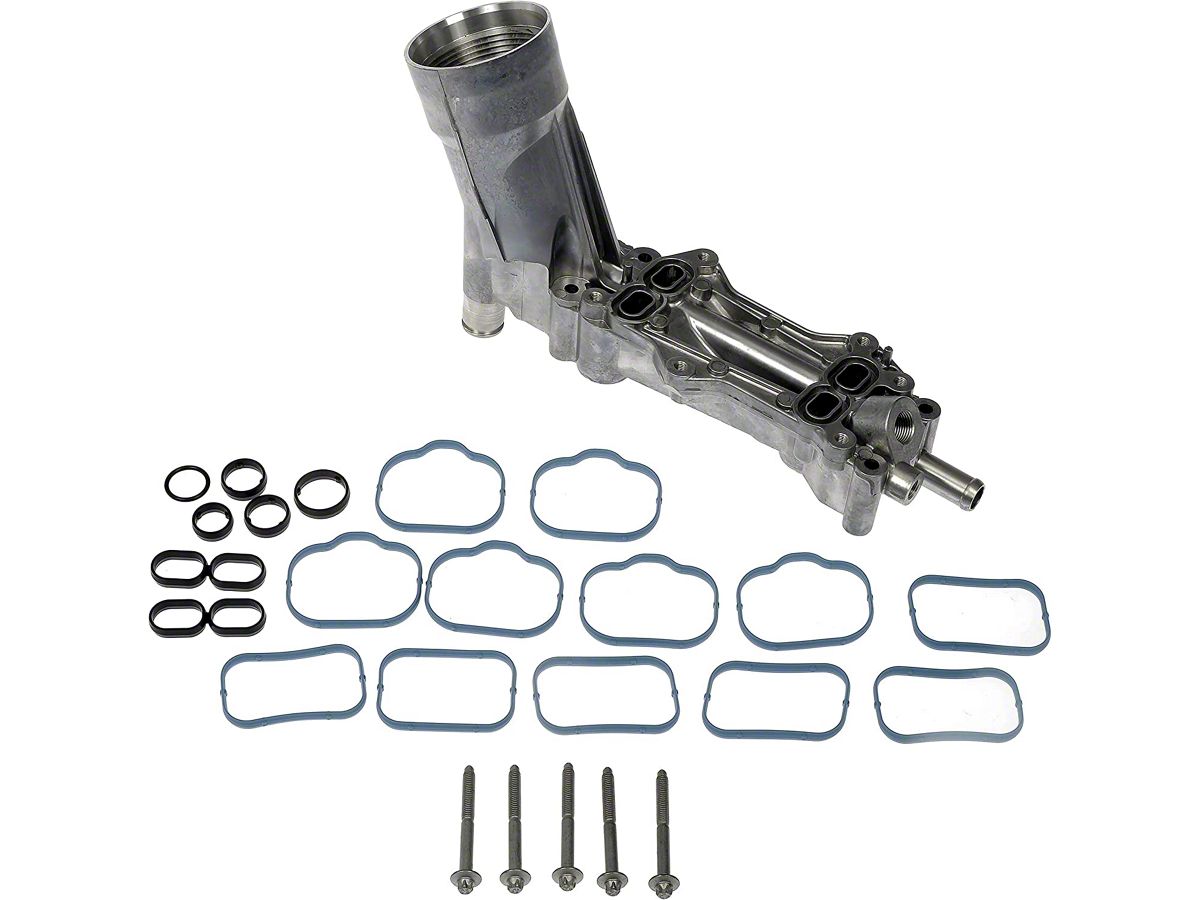Wrangler Oil Maintenance 101: Maximizing Performance Via Proper Maintenance
Owning a 4x4 vehicle is an adventure in itself, and to make sure that your vehicle functions at its best, proper maintenance is essential. One crucial aspect of this maintenance is grasping the role of the engine oil filter housing and oil cooler in your engine's overall health. These components work together to maintain your engine lubricated and operating smoothly, allowing you navigate tough terrains with assurance.
In this manual, we will explore the value of the 4x4 engine oil filter housing and engine oil cooler. By learning about their purposes and the influence they have on your engine's efficiency, you can take active steps to care for them. Routine checks and timely replacements can stop costly repairs down the line, ultimately improving your Jeep's longevity and effectiveness. Let's dive in and discover the tips to maximizing your Jeep's efficiency through adequate oil care.
Understanding the Engine Oil Filter Housing
The oil filter housing in a Jeep plays a crucial role in maintaining motor performance and longevity. It serves as the mounting point for the oil filter, which is necessary for keeping engine oil clean by trapping contaminants and debris. Located near the motor block, the oil filter housing allows for effective oil circulation, ensuring that the engine operates flawlessly and efficiently. Understanding how this part works is important for any Jeep owner aiming to enhance their vehicle’s performance.
One important aspect of the filter mount is its design and build. The housing is typically made of strong materials that can endure high temperatures and pressures. Its design allows for simple installation and removal of the oil filter, making routine maintenance more manageable. By ensuring that the oil filter is properly fitted to the housing, you can help prevent oil leaks and ensure that the oil circulates efficiently throughout the engine.
Regular inspection and maintenance of the oil filter housing are crucial to preempt issues such as blockages and leaks. Over time, the seals and gaskets in the housing can wear out, leading to potential oil leaks that can cause significant engine damage if not addressed promptly. Additionally, using the correct oil filter that matches your Jeep's specifications is important to ensuring that your oil filter housing functions efficiently. By keeping an eye on this part, you can assist to the overall health and performance of your Jeep’s engine.
Importance of Routine Maintenance
Regular maintenance of your Jeep's oil filter housing is crucial for ensuring optimal engine performance. The oil filter housing is essential in making sure that clean oil circulates through the engine, removing contaminants and preventing early wear. Failing to maintain oil cooler for jeep grand cherokee can lead to clogged filters and a reduction in oil flow, which may cause serious engine damage over time. By regularly checking and replacing the oil filter, you help ensure that your engine runs smoothly and optimally.
Another crucial aspect of maintenance is checking the oil cooler in conjunction with the oil filter housing. The oil cooler helps to control the temperature of the engine oil, which is critical for its lifespan and performance. If the oil cooler is not functioning properly, it can cause the oil to overheat, leading to sludge accumulation and diminished lubrication. Consistent checks on the oil cooler and its lines can prevent these issues, ensuring that your Jeep performs at its best, even under grueling usage.
Lastly, adhering to a routine maintenance schedule can help recognize possible problems early on, saving you from expensive repairs in the future. Inspecting the oil filter housing and oil cooler during regular maintenance provides an opportunity to catch leaks or any signs of wear before they escalate. A proactive approach in caring for these components will not only prolong the life of your engine but also enhance your total driving experience in your Jeep.
Symptoms of Problems with Oil Filter Housing
One of the primary indications that there may be an problem with your vehicle's oil filter housing is the appearance of an oil leak. If you notice oil pooling beneath your car or spots on the driveway, it could suggest that the oil filter housing has developed a crack or a damaged seal. Fixing leaks promptly is important, as they can lead to low oil levels and potentially serious engine damage.
Another usual symptom to be cautious of is a drop in oil pressure. Erratic or low oil pressure readings can suggest that the oil is not circulating properly due to a obstruction or leak within the oil filter housing. This can result in insufficient lubrication of engine components, increasing wear and tear over time. If you see indicator lights or gauge readings that show low oil pressure, it is wise to look into further.
Additionally, if you experience engine overheating, it might be linked to issues with the oil filter housing. The housing plays a vital function in ensuring that oil flows to the engine properly. If it is malfunctioning, it could hinder the circulation of oil to the oil cooler, leading to elevated temperatures. Keeping an eye on your engine’s temp gauge can help you catch these problems early before they escalate into more significant repairs.
